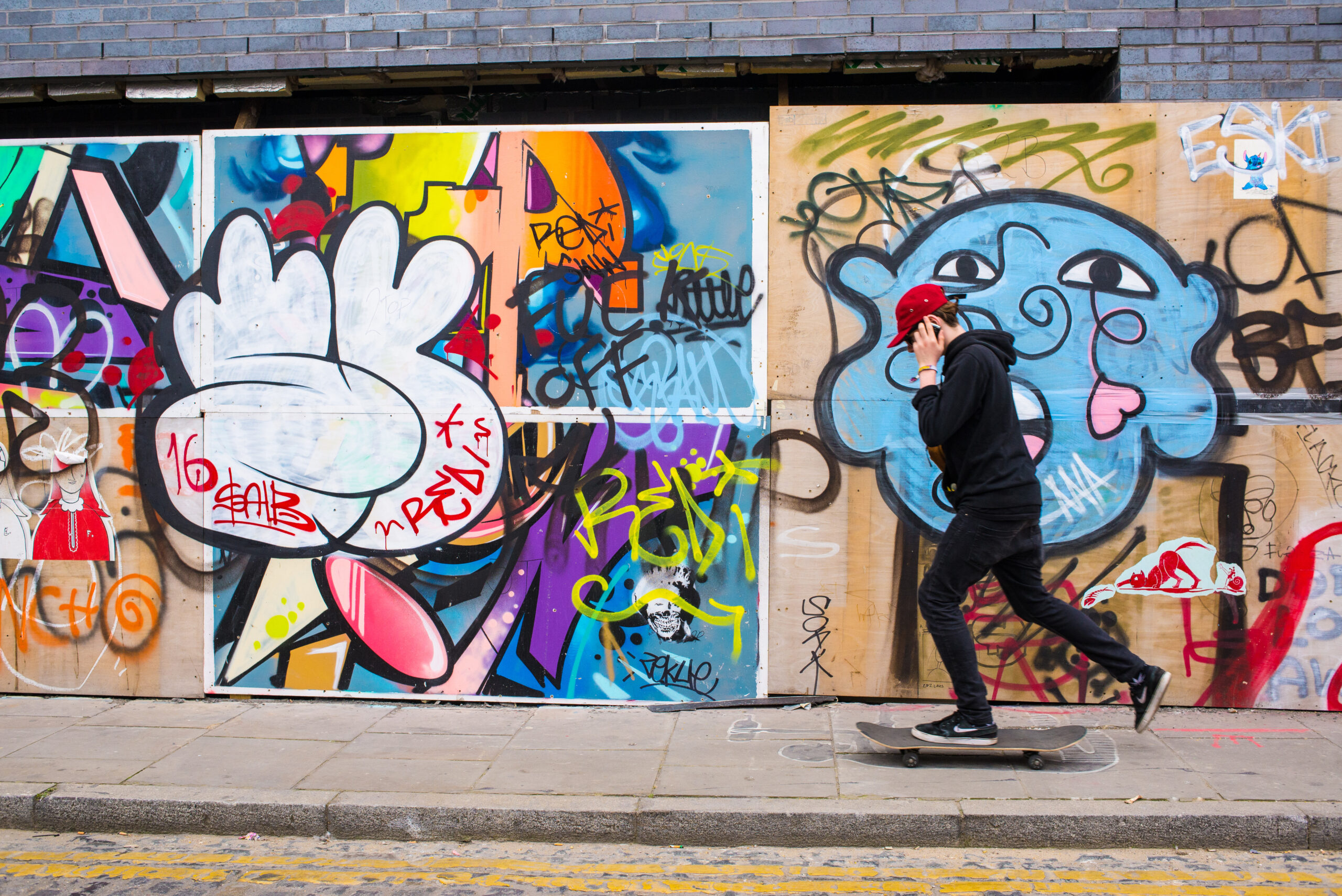
A teen’s take on charity campaigns
A teen’s take on charity campaigns
28 February, 2018
Sixth-former Kara, here on a work experience placement, tells us about some of the charity campaigns that have reached her and her friends recently and why they stood out.
I am currently in Year 12 taking my A-Levels and one of the biggest issues for me and my friends (besides a lot of homework!) is mental health, so the majority of charities that I am aware of are mental health charities.
One of my friends has struggled with her own mental health and uses the charity Mind for self-help. She follows them on social media and often retweets or posts about what they are doing. Last year we raised money for Young Minds through a non-uniform day at school, and last term there were posters and leaflets around our sixth form common room about mental health from the charity Change Your Mind. They featured facts or statements about mental health that were really effective in provoking a conversation. It worked so well because nobody told us: ‘talk about mental health’. Friendship groups got talking naturally about their own opinions and reactions to the posters.
Recently, a post by Amnesty International appeared on my Instagram feed regarding the EU migrant deal with Libya. The first reason it grabbed my attention was because I do not follow Amnesty International on Instagram – it was an advert. The second reason was because it was a video. I often feel detached from information if I am reading it as I cannot see what is going on, the people involved or the location of where it is happening; so it does not seem real. As this posting was a video, I could see these innocent people being detained on a boat and attached myself to the situation. It became real.
What I liked about it was that it was shocking without being graphic or explicit. Too often it seems people believe that in order to be thought-provoking, content has to be explicit. But although what is being posted is the unfortunate truth of what is going on, I do not want to view graphic content without giving my consent.
What I also liked is that although I usually find advertisements in my feed annoying, this particular post wasn’t because it was giving me information, rather than wanting me to buy something or pressuring me into donating money. It sparked an interest and I later read up more on the topic. I’ll probably visit the Amnesty International website more frequently in the future as well.
Saying that, I prefer to keep my timelines as a positive place that includes posts from friends and family. This means I choose not to follow charities on Instagram.